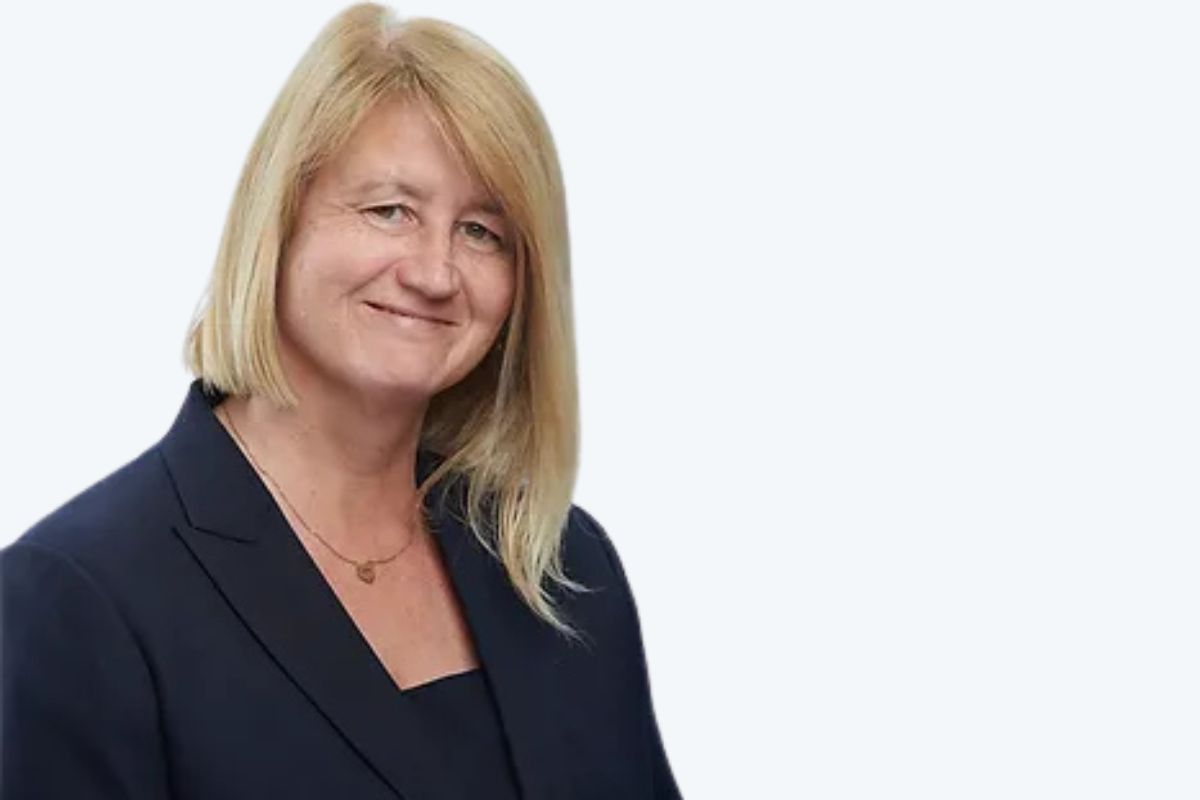Students Are Studying More Diverse Texts In English, But Over Half Of Teachers Want To Go Further

Almost 8 in 10 English teachers in secondary schools have diversified their texts in the past three years according to new research from digital media learning company Pearson. With more than a third reporting increased student engagement and more enjoyable lessons as a direct result, more than half would like to further diversify their English texts in the coming years.
Commissioned earlier this month to mark the launch of the fourth year of the popular Lit in Colour Pioneers Pilot Programme, the nationally representative survey asked secondary English teachers to consider the use of diverse texts in their subject over the last three years and assess progress. It found that 53% of teachers feel English lessons are more representative of their students and the world around them than in 2020, while 45% now feel more confident teaching diverse texts than they did before.
The findings form the latest chapter in Pearson’s long-term analysis of diversity in English, including the School Report, which in 2023 found that just 1 in 10 teachers believe the education taught in schools today reflects the diversity of pupils’ lives and backgrounds. In the same report, almost half of all English teachers shared their belief that the subject should be evolved to better reflect the modern world and its people, while 64% of students agreed that they learn better if they see people like them/from their background reflected in what they learn at school.
Reflecting on the context of the most recent findings, Pam McLoughlin, Lit in Colour programme lead at Pearson, said:
“For so long now we have heard calls by communities around the world for greater inclusion and representation. In 2020, these calls were amplified via landmark research by organisations like the National Literacy Trust, which reported that a third of students aged 9 to 18 do not see themselves in what they read.
“In 2020 Penguin Books and the Runnymede Trust launched the Lit in Colour campaign to support UK schools to make the learning and teaching of English literature more inclusive of writers of colour. In 2021, they published research which found that fewer than 1% of students in England study a book by a writer of colour at GCSE – despite 34.4% of school-age students identifying as Black, Asian or minority ethnic.
“These findings helped kickstart the Lit in Colour Pioneers Pilot Programme, through which we’ve since helped over 26,000 students from over 220 schools and colleges have access to a text by a writer from the global majority. To hear in our findings that so many English teachers have witnessed positive developments in their schools over the past three years is encouraging, but we know that there is more to do. We want all schools and learners to have access to diverse texts and we know that the majority of English teachers are eager, ready and motivated to be part of the change – which is why truly diverse, accessible programmes like Lit in Colour are so important.”
Alongside the 52% of teachers who reported that they would like schools to diversify their texts further, 7% of teachers say they cannot diversify texts as they do not have the resources. This was especially true for respondents in the Midlands, Yorkshire and the North East who cited this issue (9%) – almost double the proportion of teachers who face the same challenge in London, the east of England and the North West (5%).
To continue to support teachers with diversifying their curriculum, Pearson and Penguin have announced they are extending their popular Lit in Colour Pioneers Programme into 2024. Secondary schools in the UK in 2024 will be recruited onto the programme as the organisations mark another successful year of the initiative. Created to provide every student with experiences that may resonate with them, Pearson remains the only exam board to offer the programme’s free set texts and library donations to participating schools, along with a programme of work and resources including CPD training webinars for teachers and librarians, plus qualification support and training where required. This activity is made possible through the support of participating publishers including Penguin Books, Bloomsbury, Hachette, HarperCollins, Nick Hern Books, Serpent’s Tail and Concord Theatricals.
Emma Zipfel, English Teacher at Islington’s Arts and Media School, who took part in the programme in 2021, recently celebrated bringing Lit in Colour to her students, saying: “Our 2023 GCSE cohort performed above both our 2019 (pre-Lit in Colour) GCSE cohort and above the national average. We are delighted to see the ‘risk’ of changing from a well-known text to a new text paying off. It is wonderful to see the students’ excitement and enthusiasm translating into tangible results that will help them take the next steps in their educational careers.”
Dianne Lee, English Teacher at Stowmarket High School, which joined the initiative in 2021, added:
“The Lit in Colour Pioneers Programme is a fantastic and wonderful opportunity to embrace writers of colour, to diversify the curriculum and to engage with the text and present it to students. It allows us to introduce them to characters which they may not have met otherwise.”
Zaahida Nabagereka, Senior Social Impact Manager, Lit in Colour (Penguin Books) concludes:
“To be recruiting for the fourth cohort of the Lit in Colour Pioneers pilot is really significant as it demonstrates the demand from both teachers and students when it comes to making the English Literature curriculum more representative of modern Britain. Our Lit in Colour research highlighted this in 2021, so being able to support this change through the targeted Pioneer activity with Pearson Edexcel shows what can be done through collaboration.”
To apply to be a Lit in Colour Pioneer this year, a school or college must commit to changing one of their set texts (at GCSE and /or A Level) to a text on the Lit in Colour programme. They will begin teaching their new set text from September 2024, with the first examination in 2025 or 2026.
Copies of chosen set texts for every student in the relevant year group donated by publishers, including The Empress by Tanika Gupta (Bloomsbury), The Color Purple by Alice Walker (Hachette), Boys Don’t Cry by Malorie Blackman (Penguin), Coram Boy by Jamila Gavin (Farshore), Anita & Me (HarperCollins), Sweat by Lynn Nottage (Nick Hern Books), Les Blancs (Concord Theatricals, The Cutting Season by Attica Locke (Serpent’s Tail) and Refugee Boy by Lemn Sissay, adapted from Benjamin Zephaniah’s novel (Bloomsbury).
For more information and to apply for the 2024 Lit in Colour Pioneers Programme, visit here.











Responses